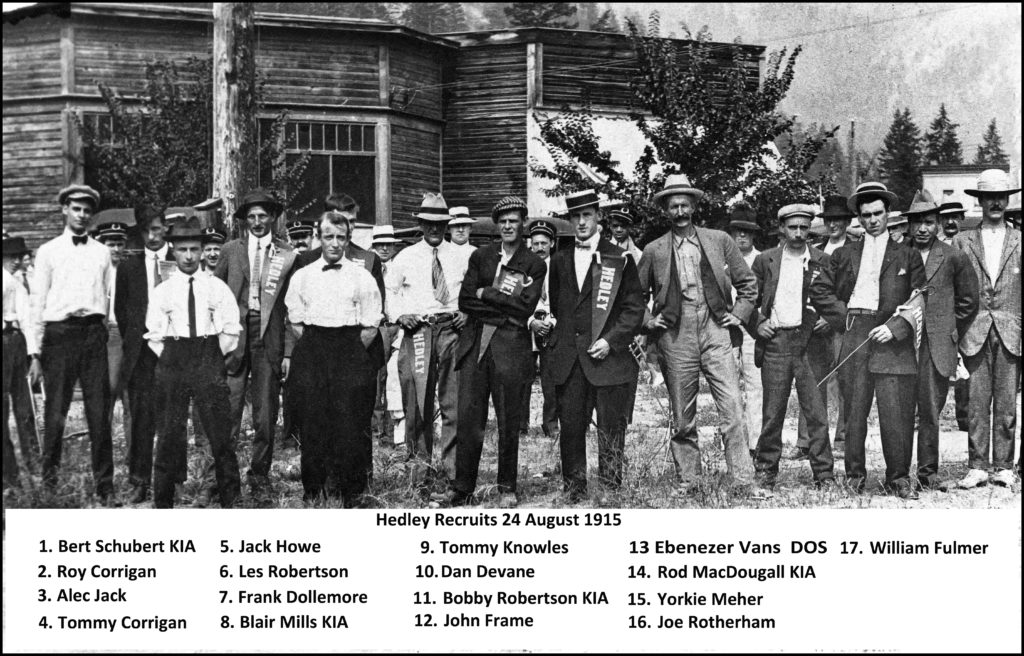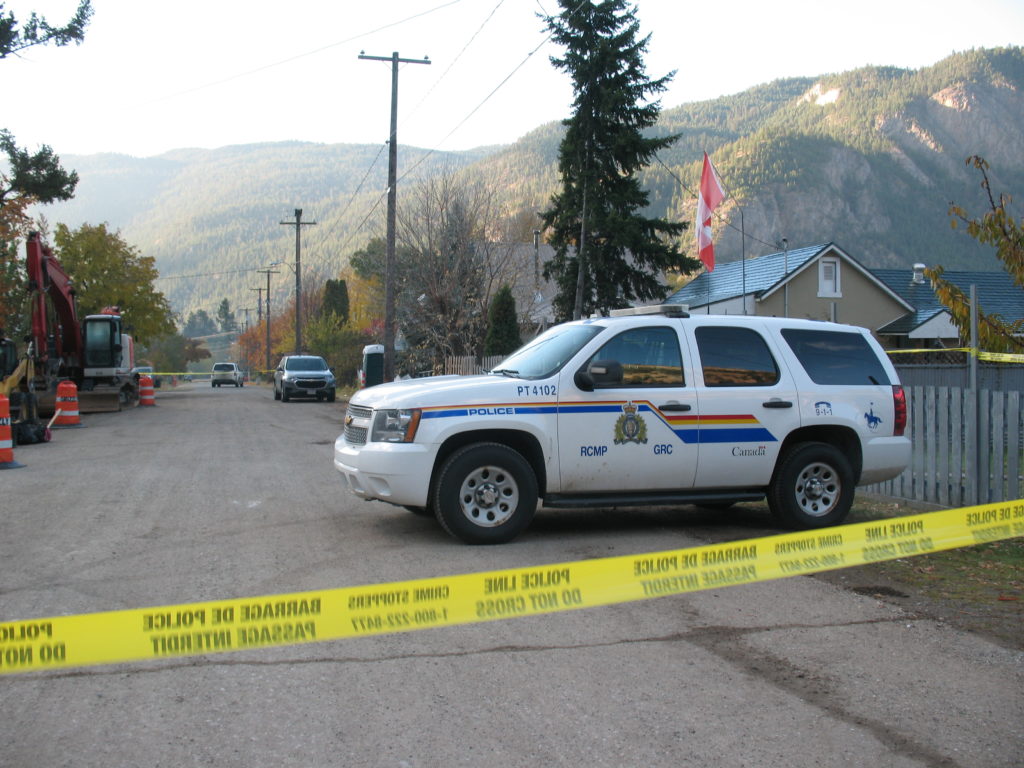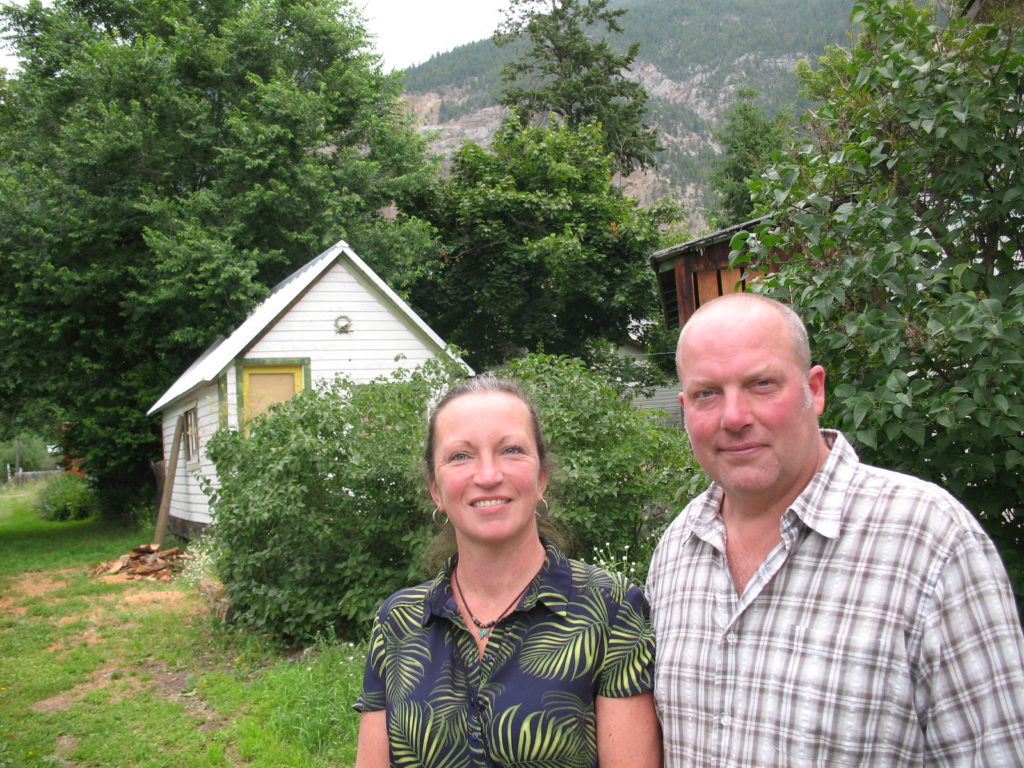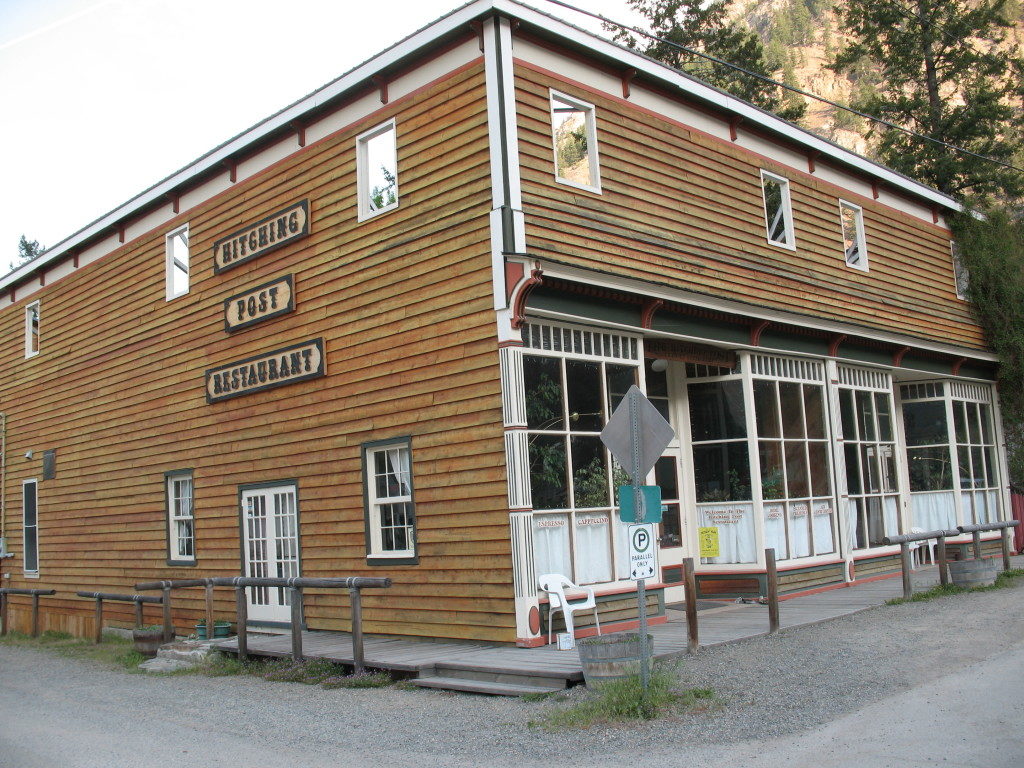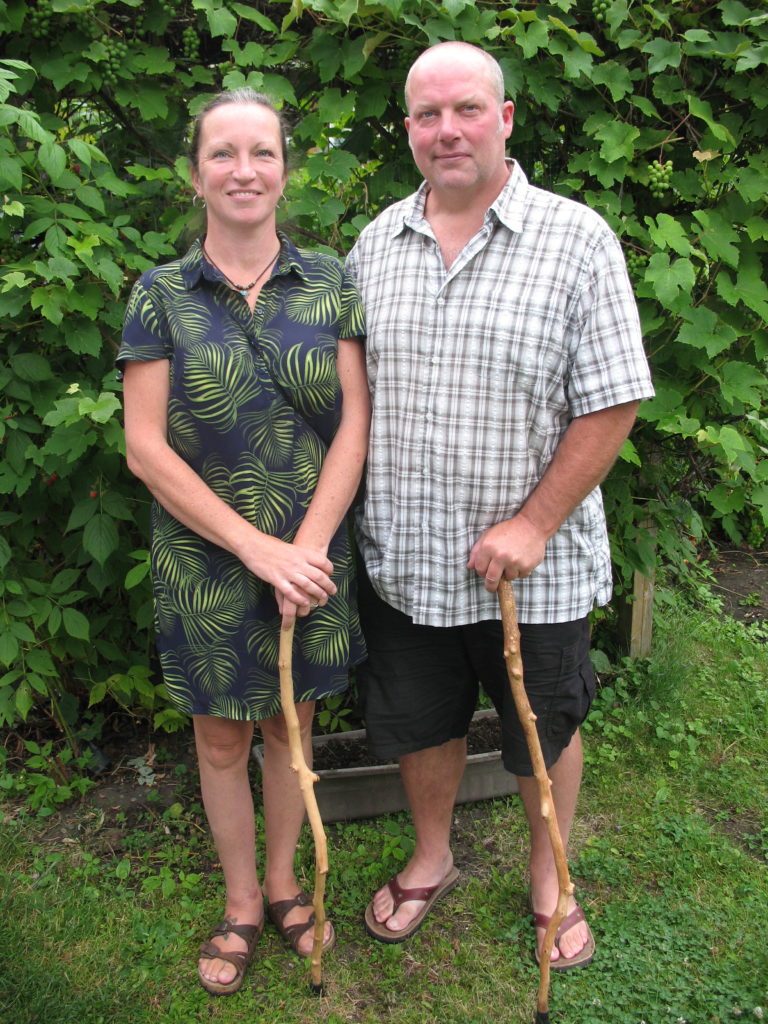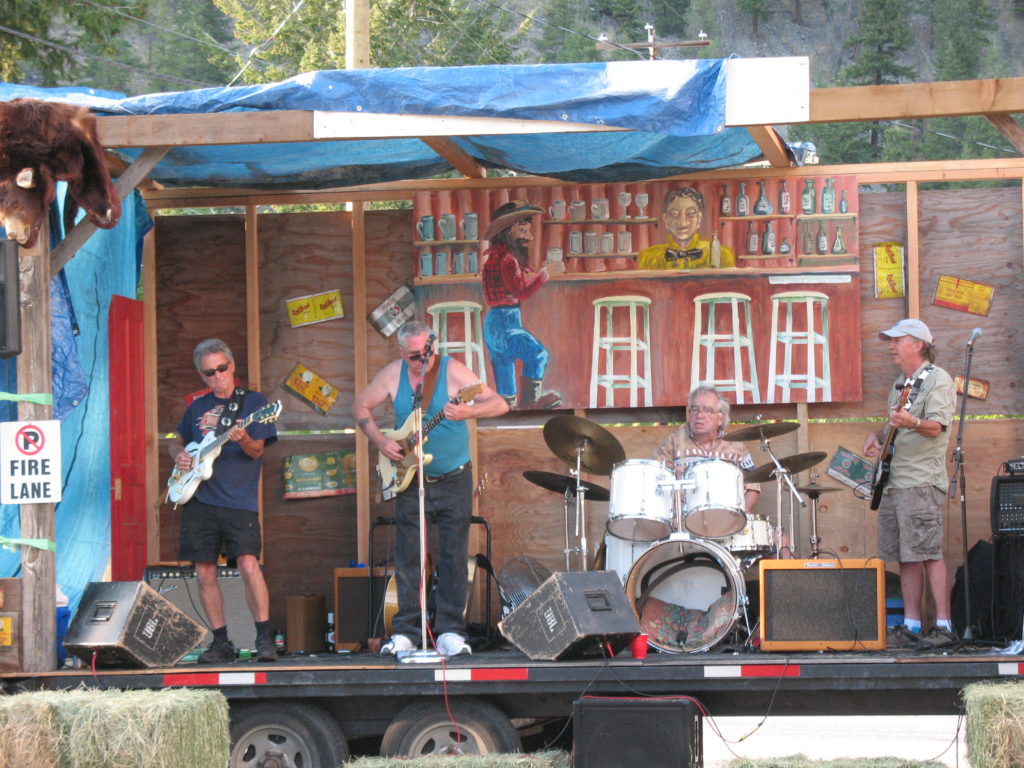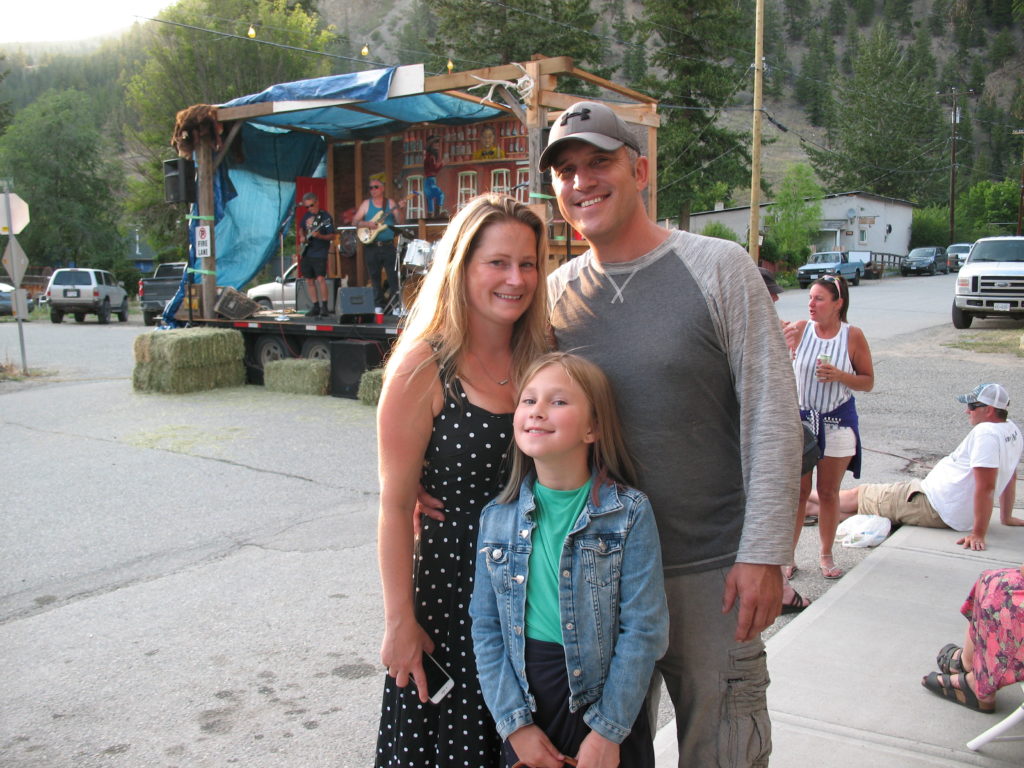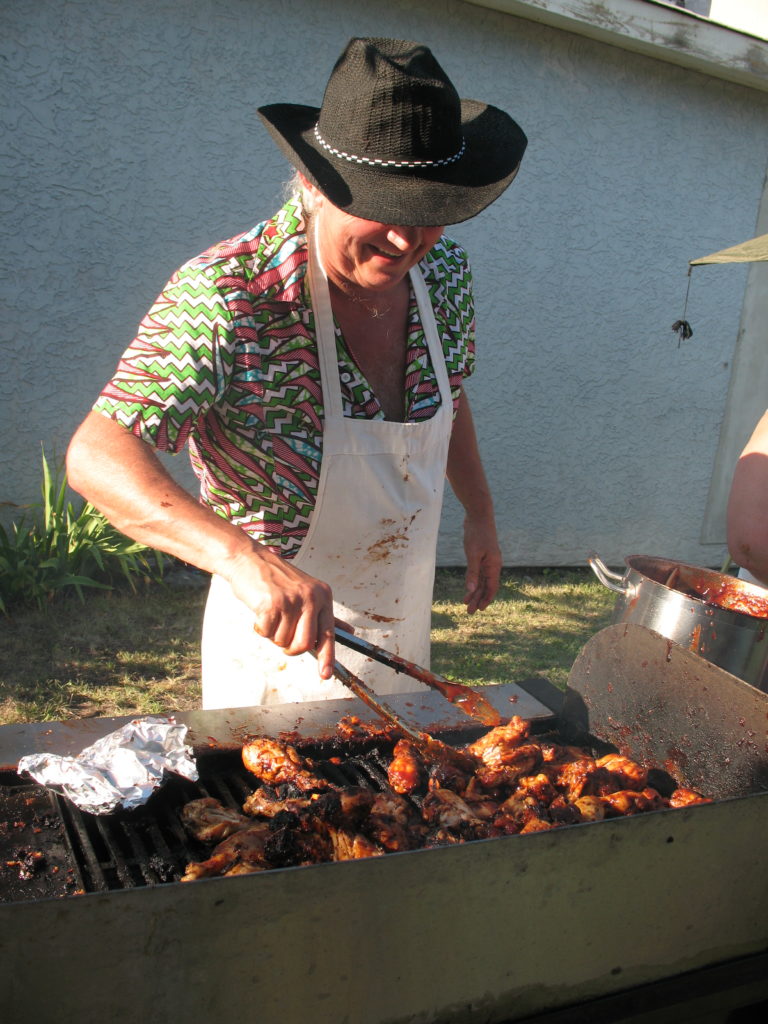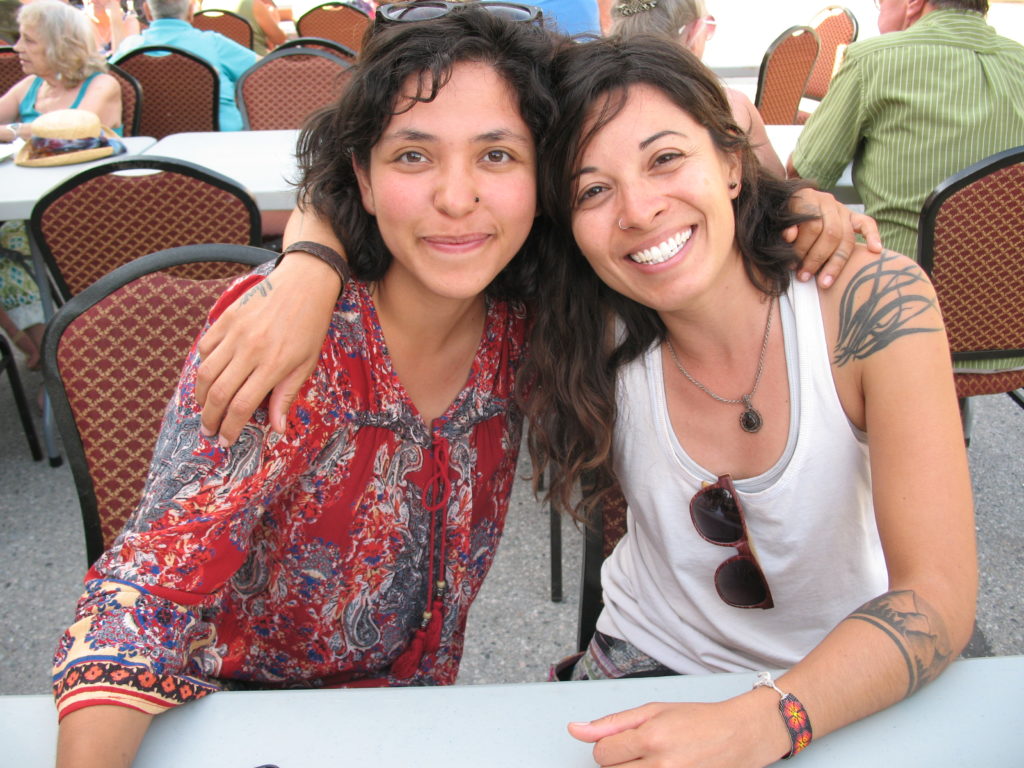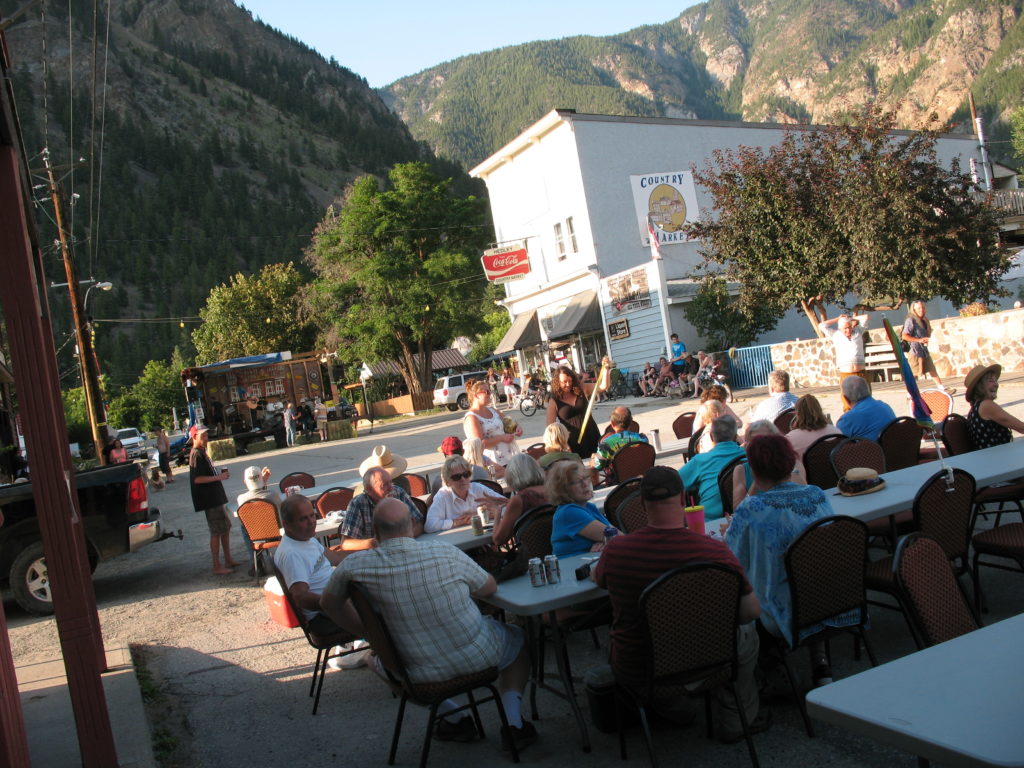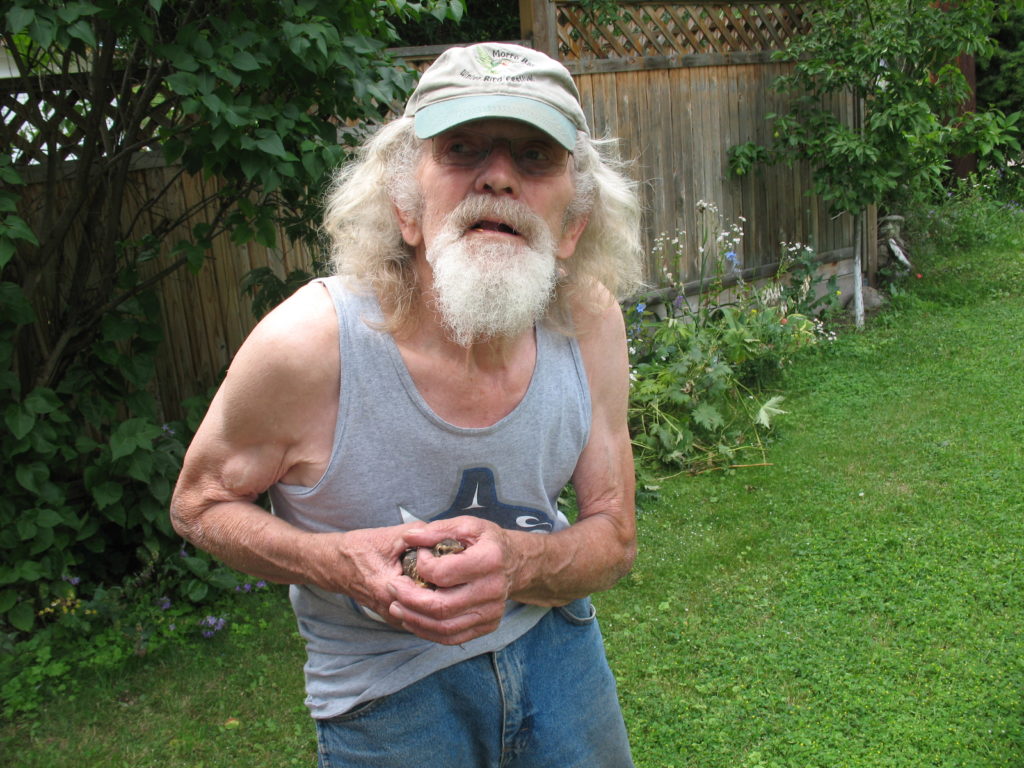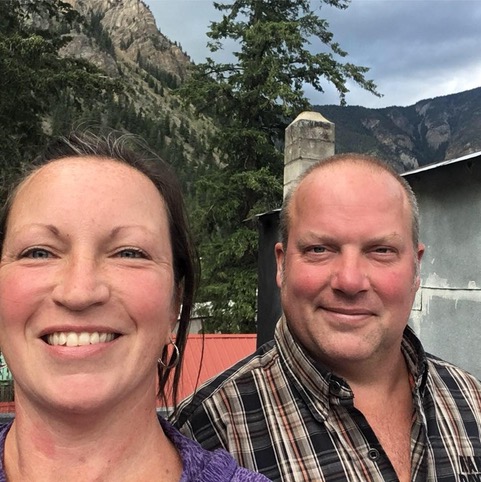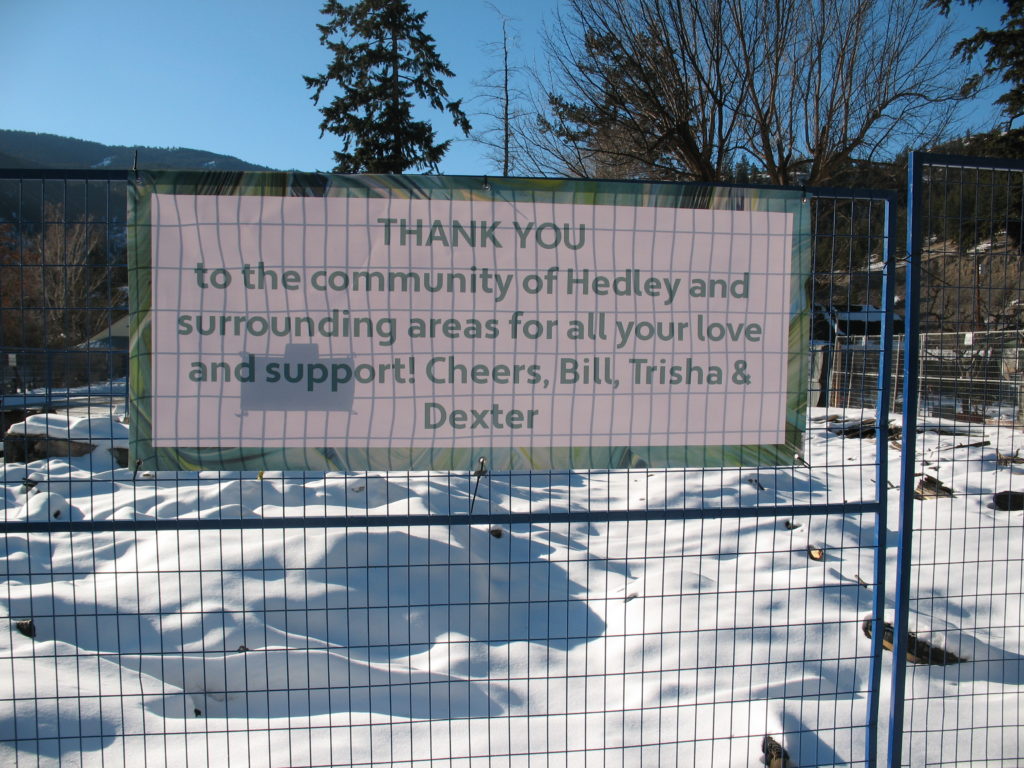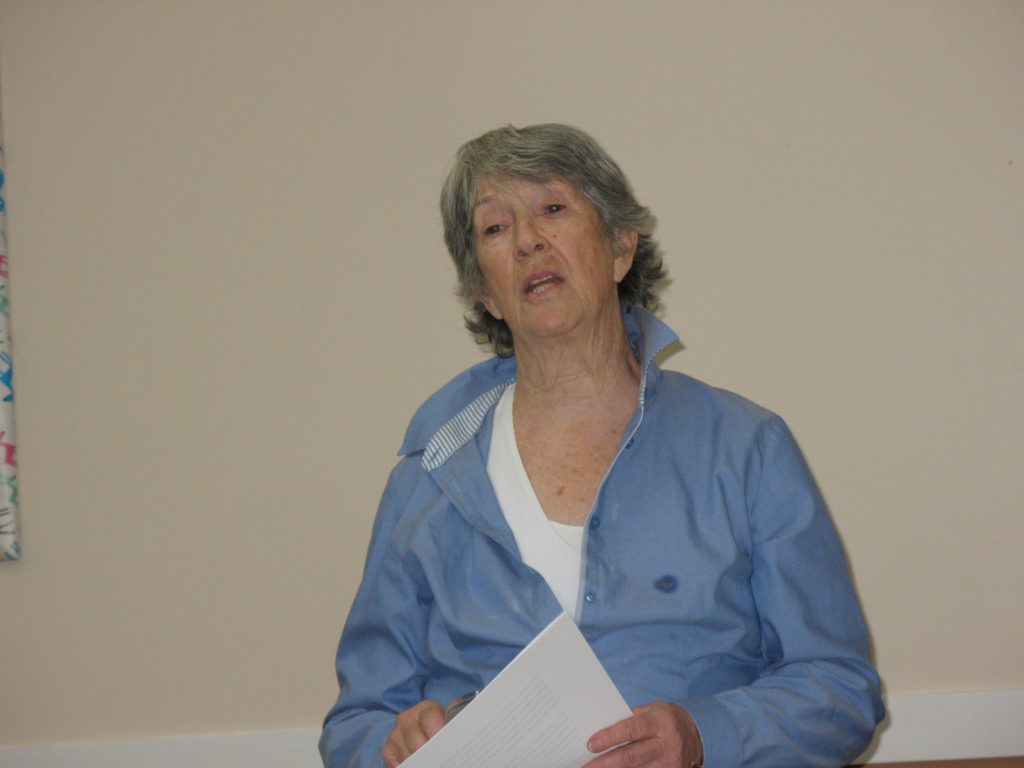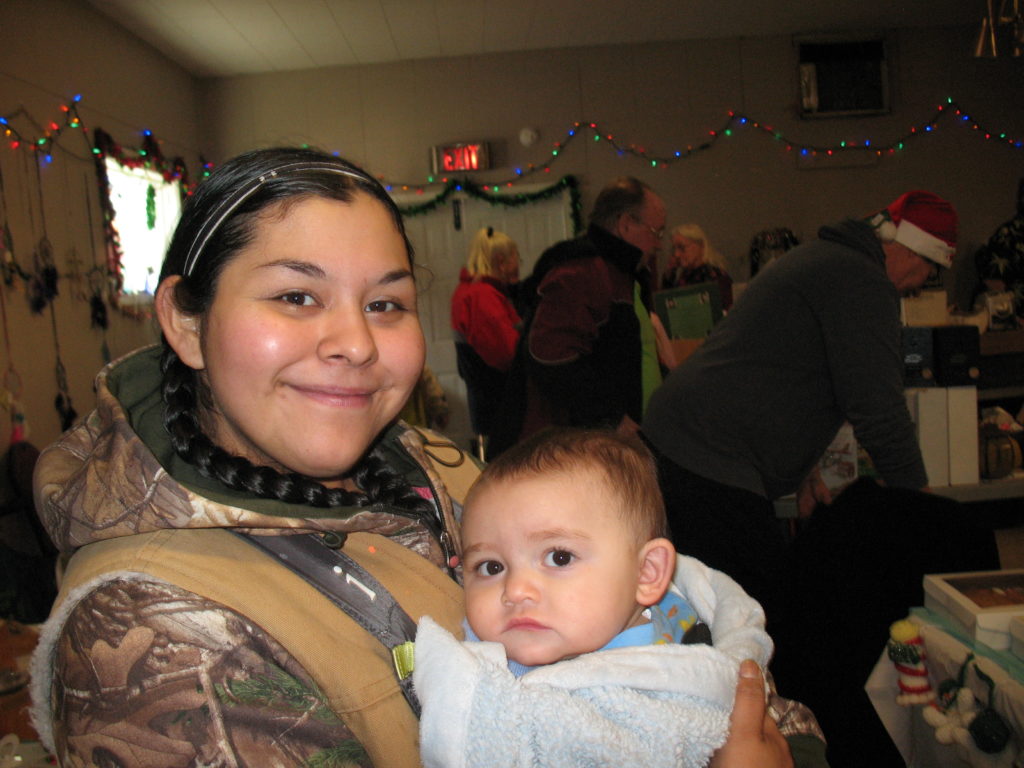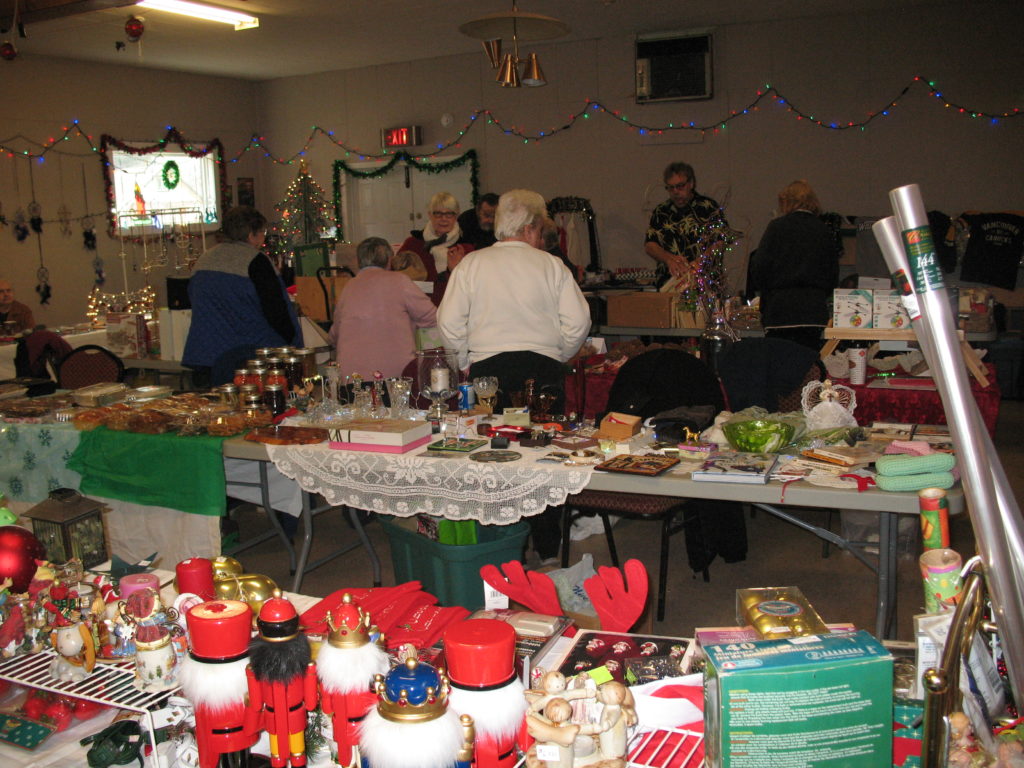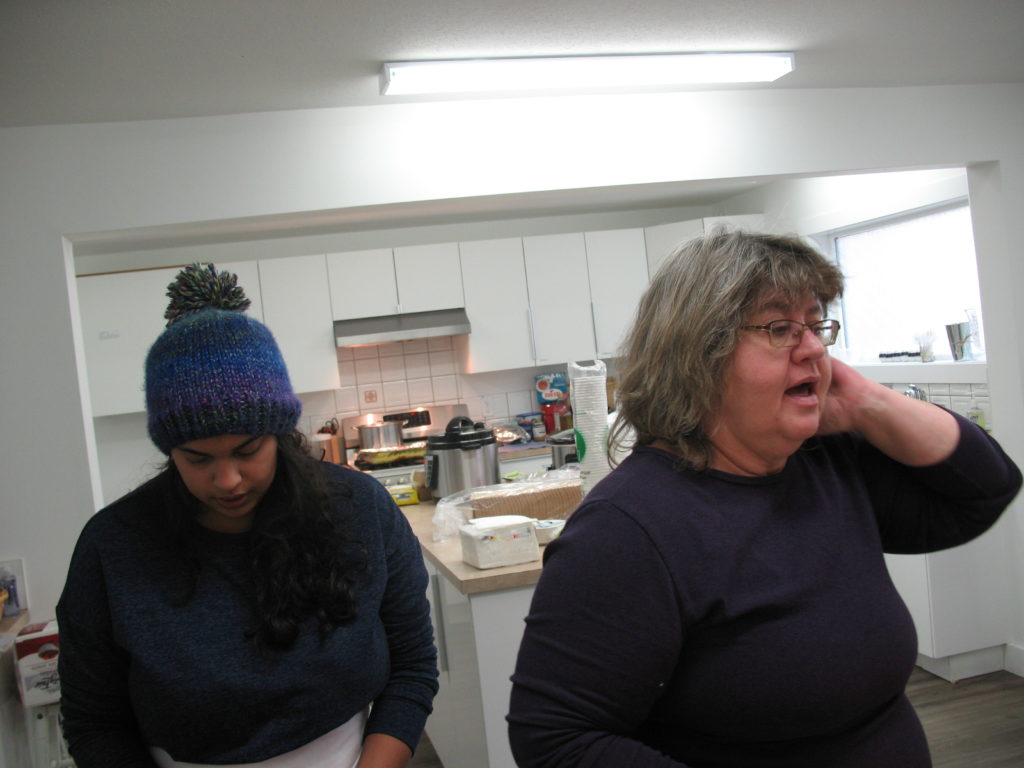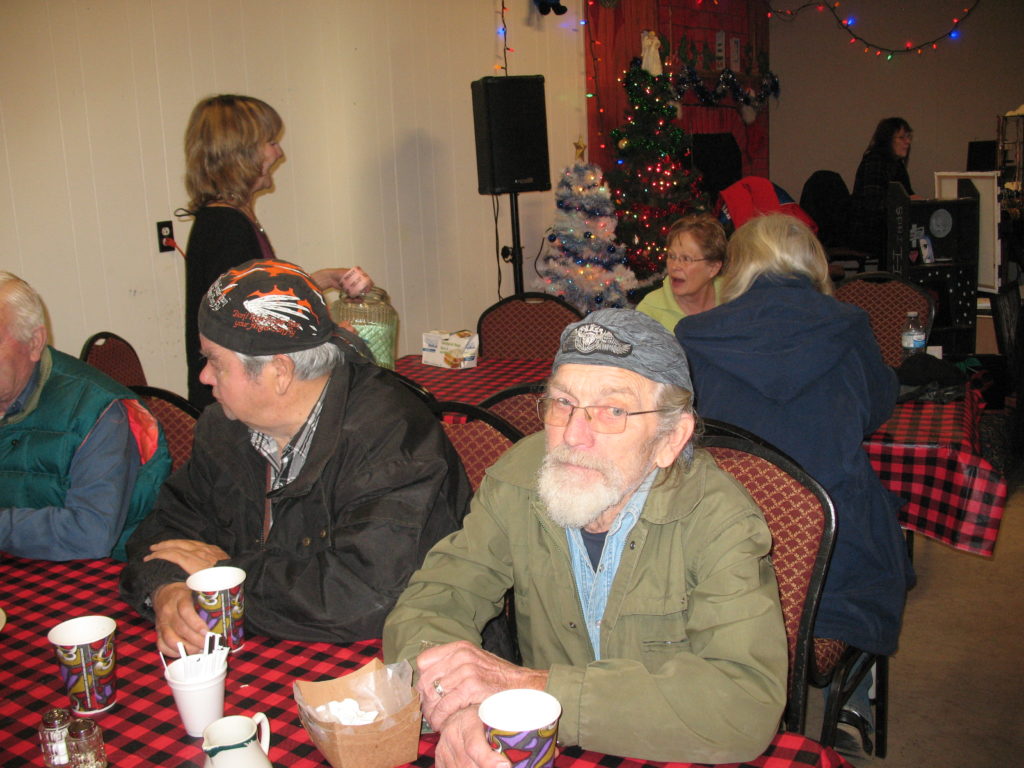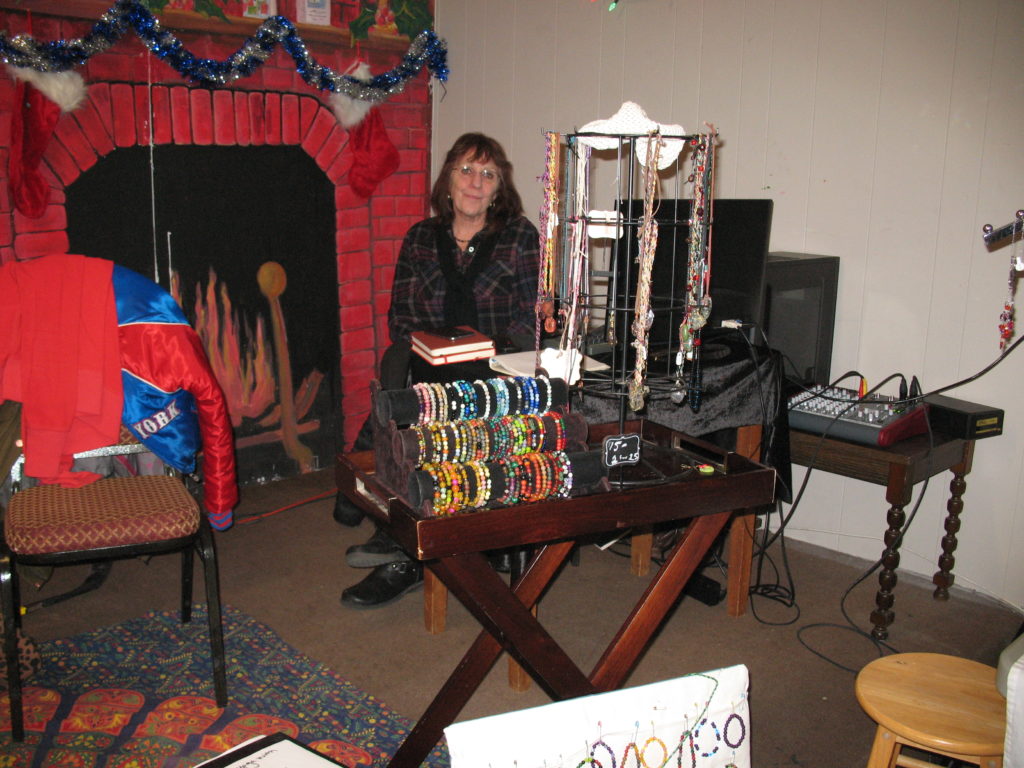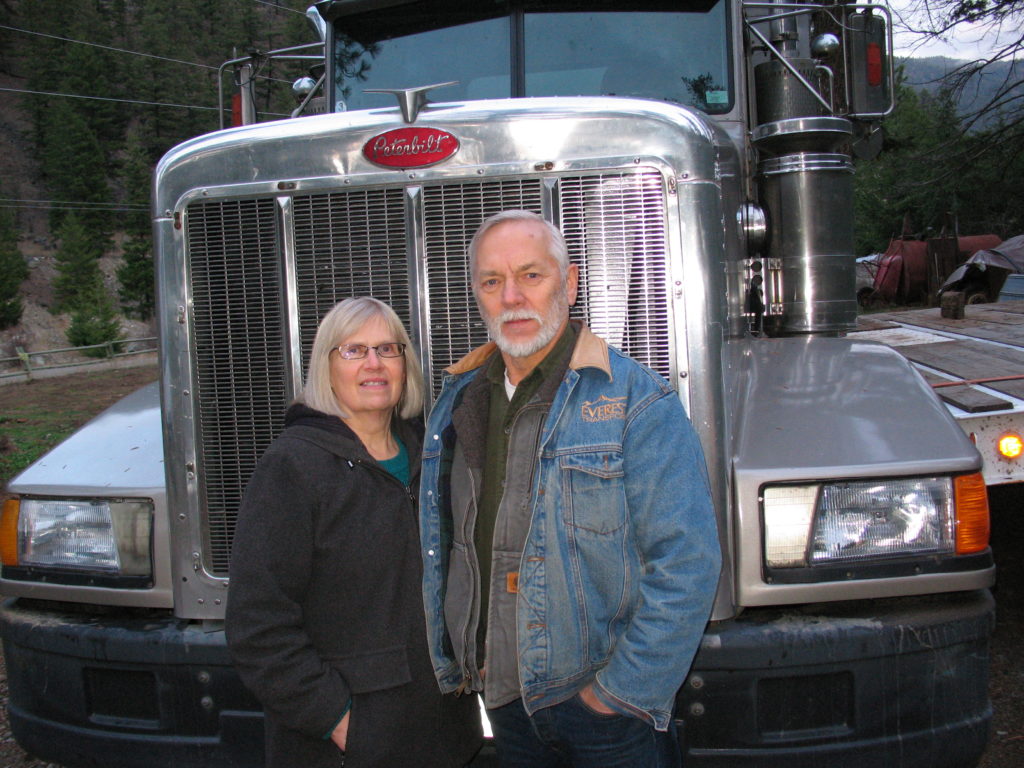
When Dennis and Brenda Matson began attending the little church in Hedley, there was no indication he would soon become the pastor. In dress, speech and demeanor, they were entirely unpretentious. All I knew about them was that they owned a large dump truck and an excavator. People in town were calling on Dennis to do work and it became evident he had the experience, skill, and practical mind to tackle a variety of challenges.
His acquaintance with work and equipment began at a young age.“We lived on a quarter section,” he told Linda and me recently. “We called it a stump farm because it had more stumps than cows. If a piece of equipment had an engine, my dad expected us boys to run it. When I was about 10 I was assigned to take a dozer and trailer loaded with hay to feed cattle in the field.”
Dennis was born in Washington State. “When my parents got married they decided they would live there 25 years and move to Canada for the next 25. When I was 17 my Mom, a Canadian citizen, feared us boys would be drafted into the U.S. military. My parents sent us to live with a relative in Canada.”
Dennis and Brenda both grew up attending Lutheran churches and at times their paths intersected. “We knew each other as kids,” he said. “There was an aura about Brenda that sparked my interest.”
When Brenda was 13, her father passed away. After graduating, she moved to Yellowknife for a year and worked first in a detox centre, then at an A&W. Dennis took several construction equipment courses and got a job driving truck. “I walked away from God for a time,” he said. “Alcohol and drugs were plentiful. I didn’t do drugs.”
Brenda’s family lived in the same area in Alberta and “her mother was a mom to everyone,” Dennis recalled. “I gave her a ride one evening and she didn’t approve of my language.” He remembers clearly that she said only, “shame on you!”
“Over time the example of my parents, Brenda’s mom and others prompted me to begin turning toward God,” he said. A young local pastor apparently saw potential in him and invited him to become part of the church ministry team. Knowing his lifestyle was not yet wholesome, Dennis declined. “You can hide from a lot of things, but you can’t hide from a guilty conscience.”
At age 20 he and a friend scrounged up enough money for the down payment on a semi-trailer truck and began hauling beef from Alberta to Toronto. In time he sold his share in the trucking venture and moved to Toronto. Here he drove an armoured vehicle for Wells Fargo, transporting money. One day, carrying money bags from the vehicle to a bank, he saw a man observing him intently. When the man reached inside his coat, Dennis partially removed his hand gun from its holster. Their eyes locked and the man slowly withdrew his hand.
In 1976 Dennis and Brenda were married and moved to Burns Lake. “A local house church was without a pastor so I led it 2 Sundays a month,” he said. The church had no funds to pay him. For 10 years he worked in logging.
In 1986 they moved to Langley where he pastored a small congregation for 28 years, again without remuneration. They started a trucking company, Feather Weight Hauling. When the need for light weight hauling petered out, they bought a 50 ton trailer. Brenda served as dispatcher and book keeper. Occasionally she instructed an operator in loading equipment.
After 28 years of trucking and pastoring, their son’s illness brought a major upheaval. “Milo was diagnosed with an auto immune disease which attacked his kidneys,” Brenda said. “In recent years he has needed dialysis. Standing by him took up our time so we sold the business. We moved here because the climate would be better for him. He will join us when we have a suite ready.”
Concerning the Hedley pastoral role, Dennis said, “I thought that chapter was closed, but it’s fulfilling to be serving people again. Support has been overwhelming, incredible.”
I’ve seen Dennis helping put away tables and chairs after a community dinner. Brenda assisted with clean up in the kitchen. Like Graham and Myrtle Gore before them, they are already an asset to the community.

